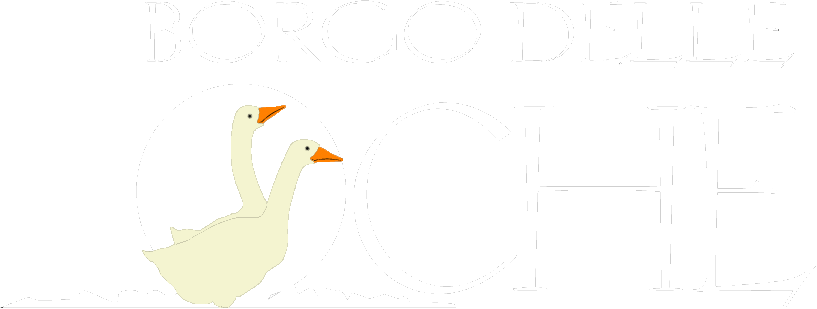Information about cookies
What is a cookie?
A cookie is a small text file that is stored on your computer when visiting a website. This text file stores information that can be read by the website when visiting it again at a later date. Some of these cookies are necessary because otherwise the site is unable to function properly. Other cookies are convenient for the visitor: they remember your username in a secure way as well as your language preferences, for example. Cookies mean that you do not need to fill out the same information each time you visit a website.
Existing cookies
Technical Cookies
The technical cookies are used with the aim to “transfer a communication on an electronic communication net or in the measure which is strictly necessary to the supplier of a service of the information society specifically required by the subscriber or by the user to distribute this service” (cf. art. 122, paragraph 1 of the Code). They are not used for other aims and they are normally installed directly by the owner or the website manager. They can be divided into navigation and session cookies, which guarantee the normal navigation and use of a website (allowing, for example, to purchase or to validate in order to access to restricted areas); analytics cookies, that are assimilated to the technical cookies when they are directly used by the owner of the website to gather information, in supplementary form, on the number of users and on how the users go through the website; functionality cookies, which authorize the user to the navigation that is functional to a set of selected criteria (for example, the language, the products selected for the purchase) with the aim to increase the quality of the service. For the installation of these cookies, the prior agreement of the users is not required, while the instructive under the art.12 of the Code is compulsory, and this can be supplied by the website manager with the most adequate procedure, in case they use only these devices.
Tracking Cookies
The outline cookies have the aim to create profiles which are related to the user and they are used to send advertising messages in line with the preferences displayed by the user in the area of the web surfing. Due to the fact that these devices can be particularly invasive in the private sphere of the users, the Italian and European law provide that the users have to be adequately informed on the use of the cookies, to express in this way their valid agreement. The article 122 of the Code is referred to them, in the part which claims that “the dismissal of the information on the device of the contracting party or of a user, or the access to information which are already archived, are permitted only if the contractor or the user have expressed their agreement after they have been informed with the specified modalities described on the art. 12 paragraph 2 (art. 122, paragraph 1, Code).
Publishers and third parts
Another element to be considered for the correct definition of the overview topic, is the subjective one. The different subject who installs the cookies on the terminal of the user has to be taken into consideration. The difference is based on the fact that they can be either the owner of the website visited by the user (that can be synthetically indicated ad “publisher”) or a different website that installs the cookies throughout the first one (c.d “third parts”)
Analytical cookies
These cookies are used to collect information regarding the use of the site. The owner uses such information to make statistical analyses, to improve his site and to simplify its use, in addition to making sure it works properly. These types of cookies collect information in an anonymous manner regarding the user’s activity in the site and how he has reached the site and other pages he visited. The cookies of this category are sent by the site or by the domain of third parties.
How you can deactivate cookies
It is possible to modify the browser in order to deactivate the cookies throughout a simple procedure.
Firefox:
- Open Firefox
- Push the button “Alt” on the keyboard
- On the instruments bar which is placed in the top part of the browser, select “Instruments” and then “options”
- Then, select the board “Privacy”
- Go to “Chronology settings” and then on “Use personalized settings”. Clear “Accept cookies from websites” and save the preferences
Internet Explorer:
- Open Internet Explorer
- Click on the button “Instruments” and then “Internet options”
- Select the board “Privacy” and move the slider on the level of privacy that you want to set up (to the top if you want to block all the cookies or to the bottom if you want to accept each one of them)
- Then, click on OK
Google Chrome:
- Open Google Chrome
- Click on the icon “Instruments”
- Select “Settings” and afterwards “Advanced settings”
- Select “Content settings” on the item “Privacy”
- On the board “Cookies” it is possible to deactivate the cookies and to save the preferences
Safari:
- Open Safari
- Choose “Preferences” on the instrument bar, then select the panel “Assurance” on the following dialogue window
- In the section “Accept cookies” it is possible to specify if and when Safari has to save the cookies from the websites. For further information click on the Help button (which is labelled with a question mark)
- For further information on the cookies that are memorized on your computer, click on “Show cookies”
- On the board “Cookies” it is possible to clear the cookies and save the preferences

